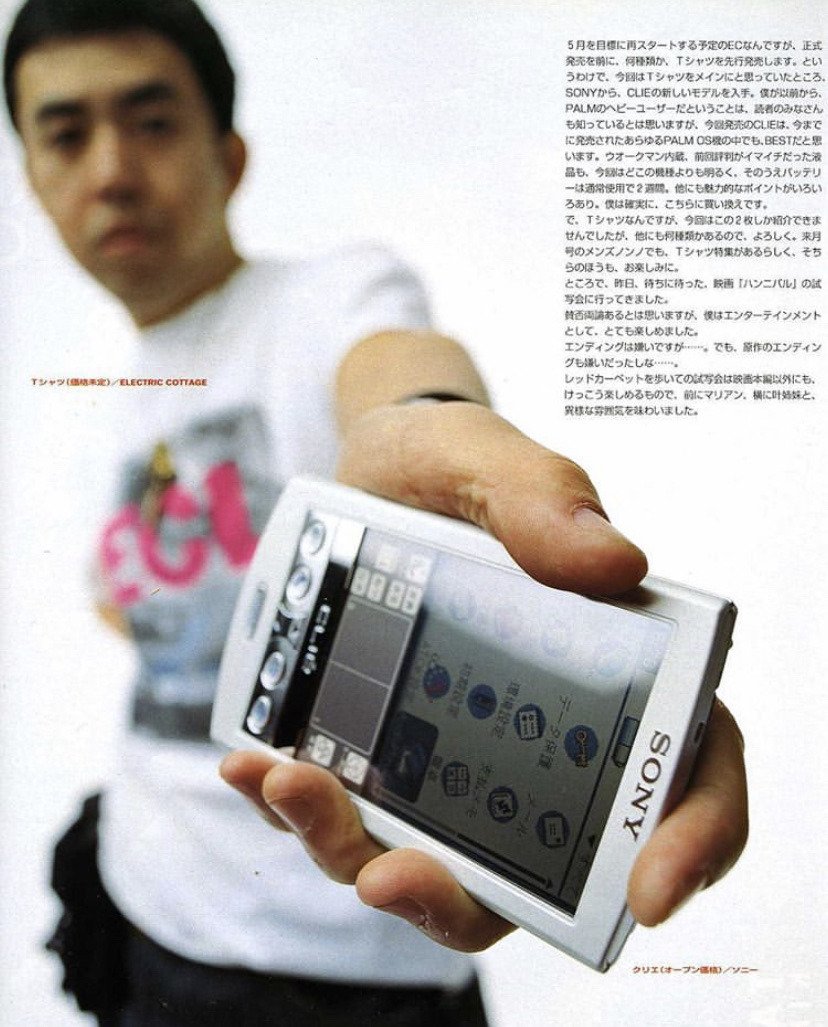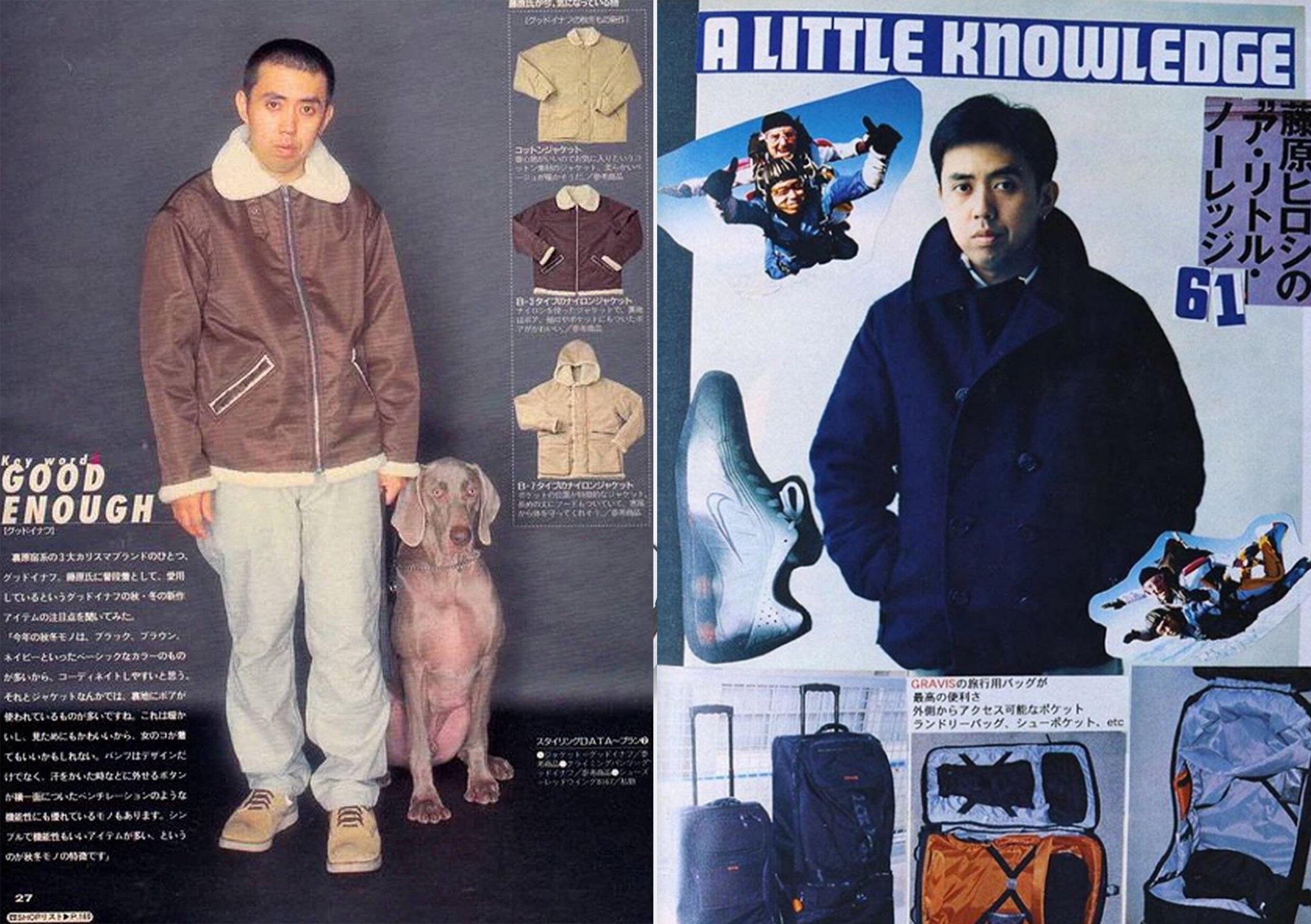Hiroshi Fujiwara & Music: Influences of Punk & Hip Hop

Mostly known for his extensive contributions to fashion & streetwear as we know today - through outlets like Fragment and Nike HTM - Hiroshi Fujiwara actually has a passion few people are aware of.
And yet it has shaped his work and legacy like nothing else: music.
Since his teenage years, HF had been an avid listener of punk music, leading him to visit London, a stronghold of punk back in the days. While sharing an apartment with Boy George from Culture Club and frequenting certain clubs had certainly left a memorable impression on him, he decided to expand his travels in the early 1980s to experience NYC’s flourishing hip-hop scene - a decision with far-reaching consequences.
Originally debuted at the film festival Quinzaine des Realisateurs [part of Cannes film festival] in May 2003, the project is widely celebrated by critics and fans alike as it fuses both very fine anime visuals and superb more-than-just-soundtrack audio.
Fascinated by DJs like Afrika Islam, he was among the first to bring hip-hop records to Tokyo and curate his own DJ-sets, kicking off Japanese hip-hop subculture. Soon after, he hooked up with Major Force, an underground label from Tokyo that itself played an important role in shaping the city's subculture. Through curating progressive tracks and introducing the Tokyo scene to an emerging overseas sound, HF played a crucial part in cultivating and pushing forward the Japanese DJ scene. He also began to produce his own music as part of the hip-hop band Tiny Panx. His first solo album ‘Nothing Much Better To Do’ was released in 1994, marking the beginning of his long list of solo records.
In the early 2010s, HF and Yo-King of Magokoro Brothers started the band AOEQ, which released two albums. But until today, he has been working mostly on solo projects. The successor to his 2017 Album “slumbers” just dropped in October 2020 and features a genre-blending mix of vaporwave, city-pop, disco and folk.
Since HF is a creative who likes to deep-dive into anything he is interested in, he cannot simply be categorized as a designer or musician. In fact, he strongly disapproves of any categorization himself. Heavily influenced by punk and hip-hop, DJing and styling, his way of working is best described as a curation and recombination of archival and cross-cultural influences. Simply put, Hiroshi Fujiwara is an arbiter of anything and everything cool.





![DJ Hiroshi Fujiwara for Boon Magazine [2005]](https://images.squarespace-cdn.com/content/v1/57825361440243db4a4b7830/1666262410823-4CDPIAUMVY5KJQX0F14I/1BBFE35C-050B-48C0-8342-4BECD2EC170B+%281%29.JPG)